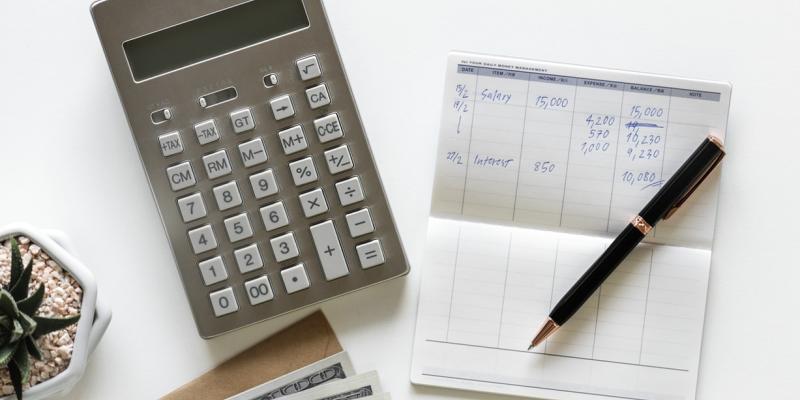
If you are brushing up on your financial literacy to reach a goal of buying a home, you’ve come to the right place. The reality of getting your finances to buy a home may seem daunting, but with enough time and effort, you can make sure all your financial ducks are in a row in time to snag the home of your dreams. Read on for some great financial tips so you can make your dreams of home ownership come true!
Start Budgeting
If you currently rent a home, you might have a little more flexibility in your finances. However, when you purchase a home of your own, your monthly payment will be one of the most important bills you pay. That’s why getting into the habit of having a budget before you buy a home is crucial. If you’ve never had a budget before, or want to make your current budget better, check out Budgeting 101. Here are some quick tips to get you started.
- Take stock of how much money comes in every month and how much goes out. Ideally, you bring in more money than you spend
- If you are overspending, cut back in certain unnecessary areas like entertainment and on luxuries that you can do without
- Use tools to help you be successful, whether it is just writing down your purchases on a piece of paper, in a spreadsheet or using a budget app from your bank or Mint
- Be realistic while setting your budget so you have goals you can achieve
Get Your Debt Under Control
Minimizing debt is a big deal when it comes to buying a home. Potential lenders look at your DTI (debt-to-income) ratio to make sure that you don’t have too much debt to afford a mortgage. Before you buy a home, it is important to understand your debt, how much of it you have, what you should pay off and what debt might help you secure a home loan. To get a better picture of your debt situation, check out Debt 101. Here are some debt reduction tips to get you on the right track:
- Pay off the debts with the highest interest rates and monthly costs first
- Ask your lenders and creditors for lower interest rates on accounts that you already hold, and avoid opening new lines of credit
- Never pay anyone to get you out of debt. Instead, contact a nonprofit credit counselor for help if your debt proves to be too much to handle.
Improve Your Credit Score
When you apply for a mortgage, lenders will want to make sure that you are a smart investment for them. The best way to show that you are a borrower that they can trust to repay the loan is to have a great credit score and a credit report. A credit score of 660 or above is required for most mortgage loans, but the better your score, the better your potential mortgage terms. A higher score will allow you to get a larger loan and have more favorable interest rates. If your credit score is low, here are some ways you can bring it up:
- Keep your credit card balances low
- Pay off debt as much as possible
- Keep your existing lines of credit open, but don’t open any new ones. Length of your credit is an important determining factor in credit scores.
- Pay your bills on time
- Get current and stay current if you have missed payments on any accounts
- Check your credit report often and check for errors. If you see any unauthorized activity on your credit report such as credit cards that you haven’t opened yourself, you may be a victim of identity theft. Learn more about ways to avoid identity theft with Identity Theft 101.
Start Saving Sooner Rather Than Later
When you are getting ready to buy your first home, saving up for it should be at top of mind. Not only will you have to pay the down payment on your home when you buy it, but you should also be prepared to pay other costs of buying a home including closing costs, transaction fees and other items. Even after the home sale, you want to make sure you have a little money stashed away so that you still have some funds leftover after the home purchase. You can put this money toward unexpected costs of home ownership or just use them to rebuild your emergency savings.
Shop Around for a Mortgage that Works for You
One of the most important things to remember about buying a home is that not all mortgages or lenders will be right for you. To ensure that you are getting the best rate on a mortgage loan, shop around for lenders, mortgage products and rates that will suit you best. The NC Home Advantage Mortgage™, administered by the NC Housing Finance Agency, offers down payment assistance, competitive rates and lenders statewide. For more information about the NC Home Advantage Mortgage™ and other ways the NC Housing Finance Agency can help make home ownership happen for you, visit www.nchfa.com.